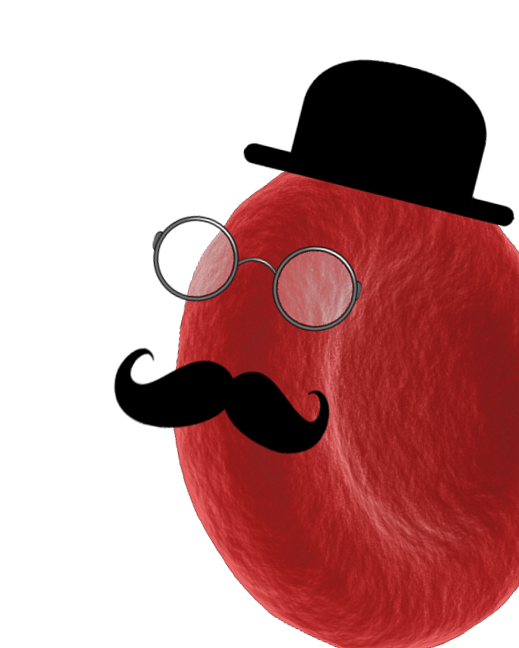Cell switch could turn cancer on itself
 Researchers are working on a way to turn aggressive leukaemia cells into grown-up immune cells.
Researchers are working on a way to turn aggressive leukaemia cells into grown-up immune cells.
As with many great findings in science, a chance observation has led to an exciting new discovery.
A team at the Stanford University School of Medicine were trying to investigate B-cell acute lymphoblastic leukaemia, but struggled to keep cell samples alive in a culture plate.
“We were throwing everything at them to help them survive,” said researcher Dr Ravi Majeti.
One of Dr Majeti’s post-doctoral students, Dr Scott McClellan, noticed that some of the cancer cells in culture were changing shape and size into what looked like a useful type of immune cell - macrophages.
The team could not work out why this was happening, until Dr Majeti remembered an old research paper, which showed that early B-cell mouse progenitor cells could be forced to become macrophages when exposed to certain ‘transcription factors’ - proteins that bind to certain DNA sequences.
“B-cell leukemia cells are in many ways progenitor cells that are forced to stay in an immature state,” Majeti said.
They realised that the methods found to alter the fate of the mouse progenitor cells could also be used to transform these human cancer cells into macrophages, which can engulf and digest cancer cells and pathogens.
The researchers hope that when the cancer cells become macrophages they will not only be neutralised, but may actually assist in fighting the cancer.
“Because the macrophage cells came from the cancer cells, they will already carry with them the chemical signals that will identify the cancer cells, making an immune attack against the cancer more likely,” Majeti said.
The team is now looking for a drug compound that might prompt the same reaction and could serve as a basis for leukaemia therapy.
The findings are described in a paper published in the Proceedings of the National Academy of Sciences.








 Print
Print